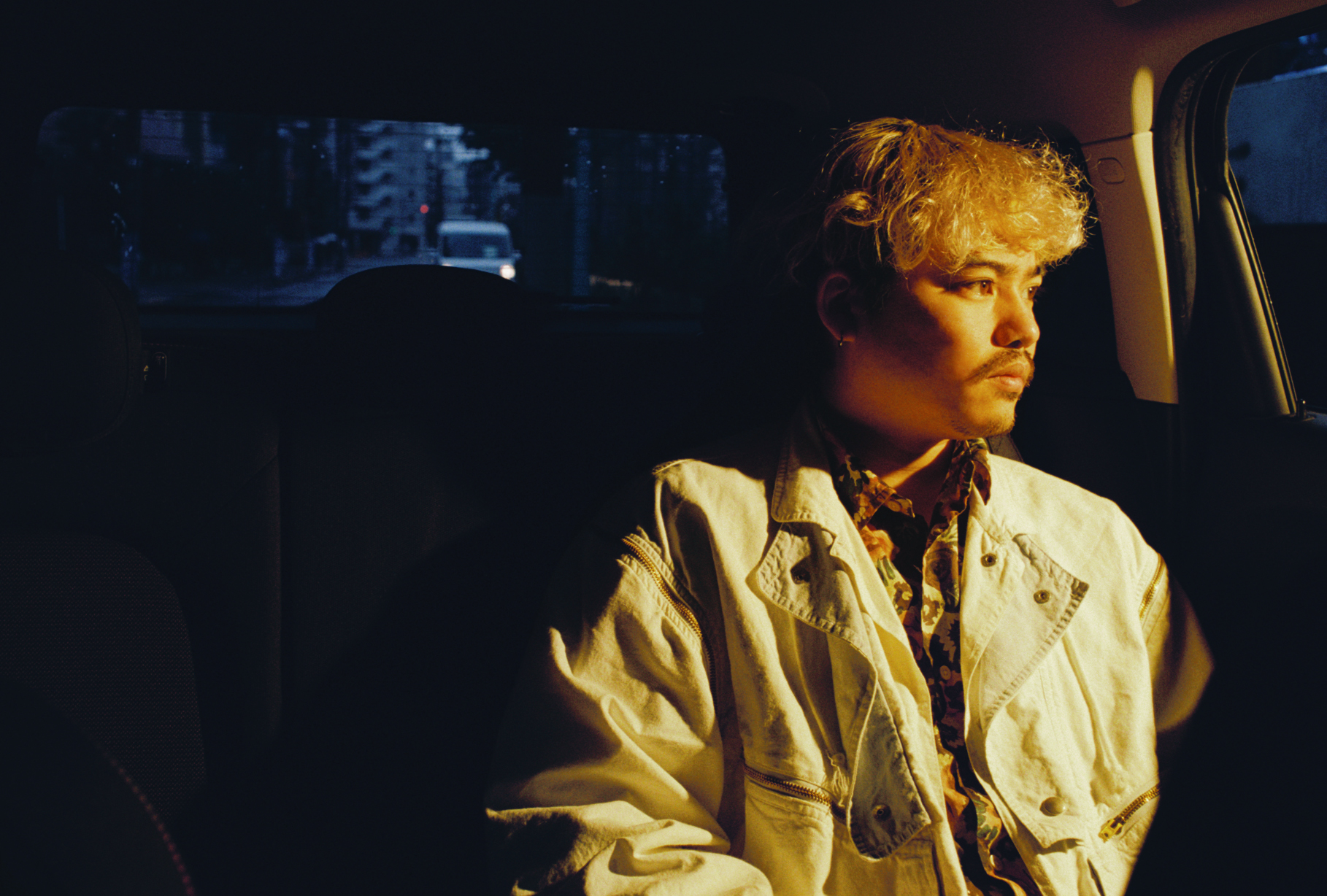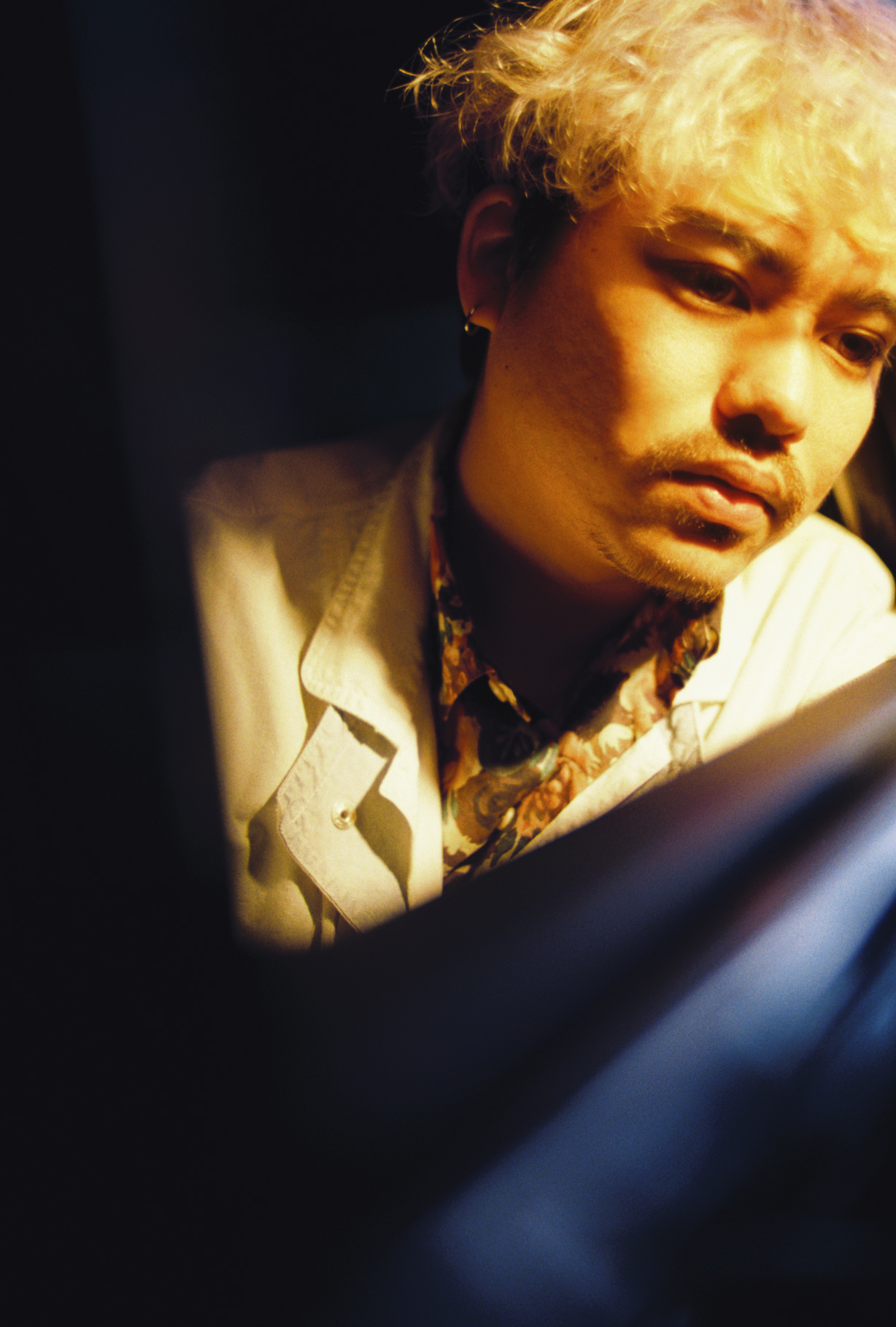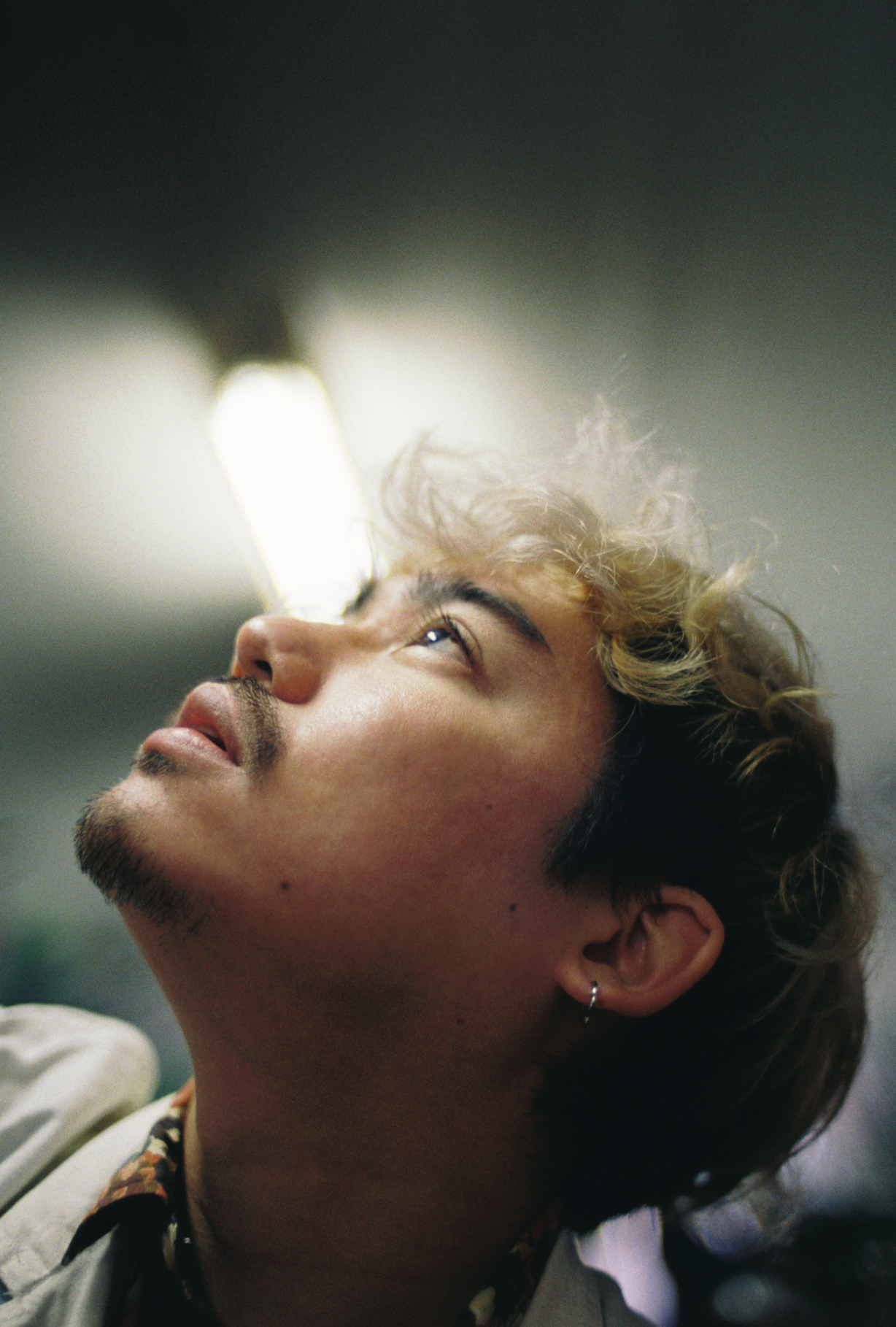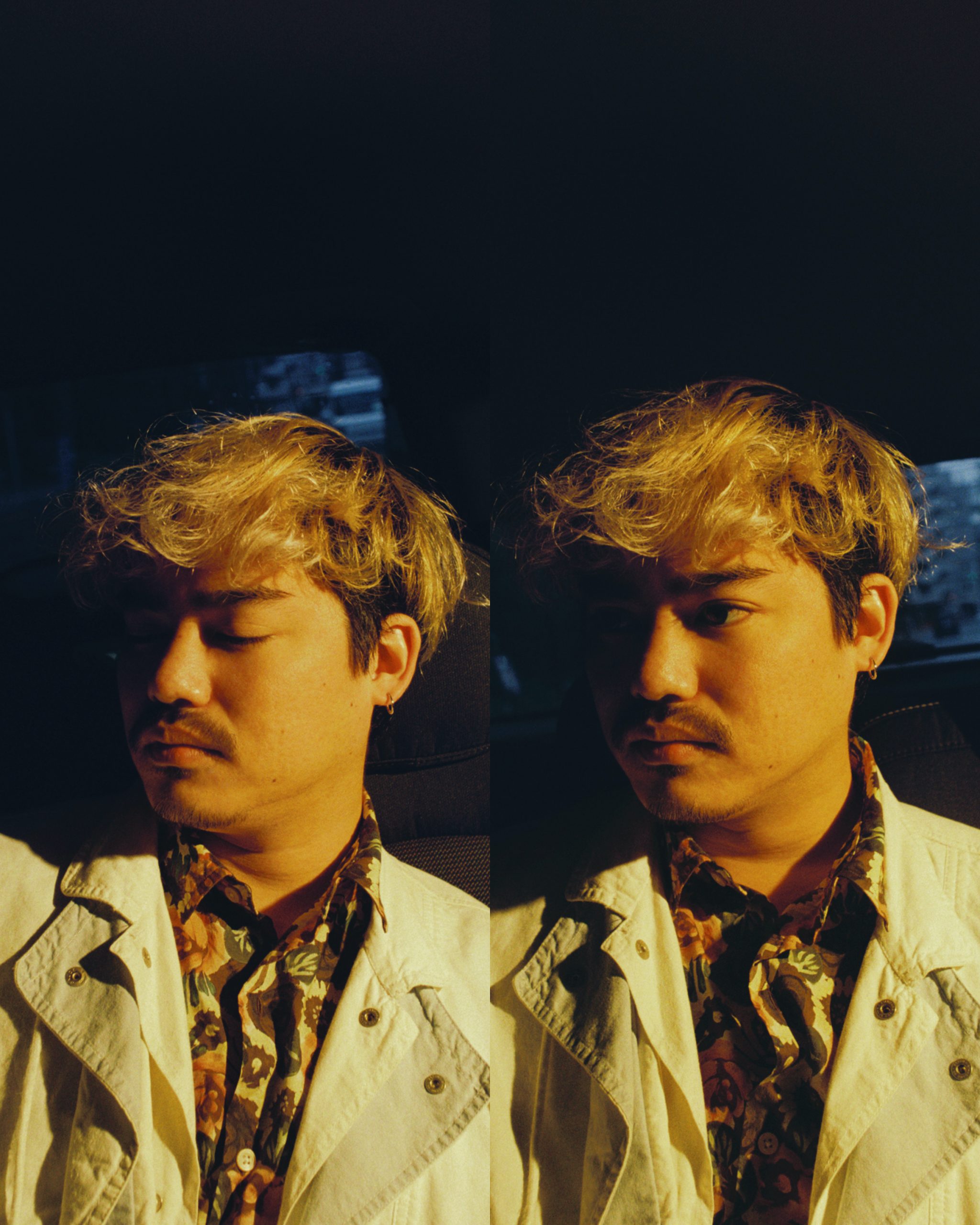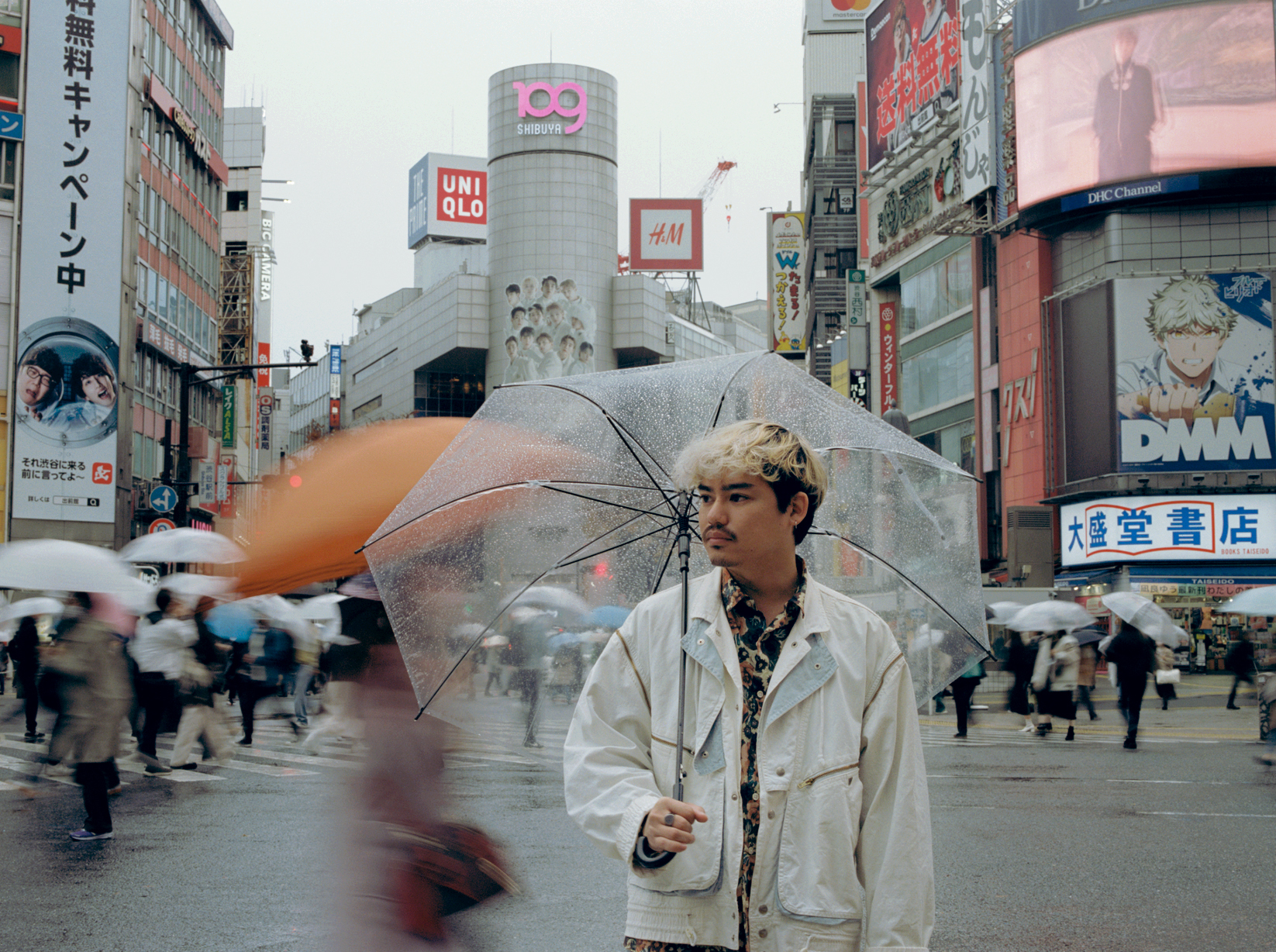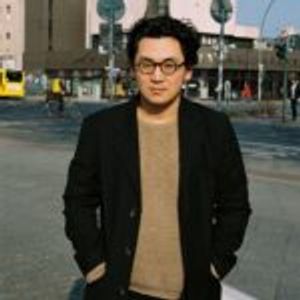How much do music fans truly know about The fin.?
Since the release of their first album, and until 2019, The fin. has been traveling the world. So naturally, not many fans understand all the changes they’ve undergone. Originally from Kobe, they moved to Tokyo in 2014 and released their first full-length album, Days with Uncertainty, featuring the song “Night Time.” They quickly rose to prominence in the band scene, but soon after, they relocated to the UK. With members leaving the band and original members switching roles, it’s not hard to imagine that it was a bumpy road at times. Yet, these circumstances didn’t stop The fin. from completing their second album, there, in 2018. Since then, they’ve been unstoppable, touring Asia, America, and Europe and pursuing their musical dreams. In November 2019, they moved back to Japan, and in November 2021, they completed the full-length album, Outer Ego, The fin.’s first release in three years and four months.
The album is a conversation with the self as it transitions from childhood to the present. Meanwhile, the music is a means to gather the strength to face the world again. Although the album is introspective, there’s no underlying element of gloom or pessimism. Instead, the polished album has a warm, dreamy feel.
Uchino says he created the album by delving into his own emotions to align with the mood of the post-pandemic age. Like Kevin Parker, Uchino is the mastermind behind the album, handling all the songwriting, vocals, instruments, production, recording, and mixing. TOKION caught up with Uchino to learn more about the album.
――Outer Ego is one of The fin.’s more introspective albums in recent years. Why is that?
Yuto Uchino: I think it’s because the album was the culmination of what I learned while traveling the world. To give you an idea of the timeline, we started sowing the seeds to work abroad after our 1st album, Days with Uncertainty, in 2014. Those seeds finally started to sprout around 2018-19. After putting out our 2nd album, there, we toured Asia and started living in the UK. We also began receiving invites to play festivals. Looking back on the last seven or eight years, I think there was a traffic jam of information because of all the input I had while my band was busy. While touring, I could take notes on my inspiration, but I couldn’t be creative in an essential sense. But with the coronavirus pandemic in 2020, I finally realized I could pause.
――So you mean since you were experiencing an information overload, the coronavirus actually allowed you to pause?
Yuto: Right. With everything on pause in 2020, I moved back to Tokyo and finally had the time to dive deeper within myself. Looking back, when I made the first EP, Glowing Red On The Shore, I think I was able to create a strong introspective feel with this album. But listening to later albums, many of the songs are the output of what I learned from external sources while working. With this album, Outer Ego, I was able to go around the world and digest everything I saw, so it feels like I could pack that all in.
――What do you think was the most significant factor in that?
Yuto: When it comes to the tangible factors, it was huge to go back to Japan because I could finally get all the equipment together. (laughs) I only had a mobile set up until then, so I couldn’t buy any large equipment. But I took this opportunity to get all the analog gear and build a studio. Thanks to that, I could do more of what I wanted to do in terms of the sound and production. It was huge to be able to mix the sound to the point where I felt I couldn’t make it any better.
The fin. used to be four people; it was an actual band. So part of me felt like I had to do things as a band. But then The fin. gradually became more of a project than a band. I invite the musicians I like to play with me. So it’s become a project that’s about how I can show my creations through a live performance. Personally, I think it became better once I didn’t have to think about the stage output as a band.
――That certainly seems like it’d play a big role. What were the advantages of moving to Japan to produce the album?
Yuto: In 2020, I didn’t see people at all because of the coronavirus, so I think that allowed me to start another conversation with myself. With more time than I’d ever had, I could also try new production processes for the first time.
――I see. The first two songs—including the way they were mixed—felt closer to the tone of The fin.’s previous songs. But after the sixth song on the album, “At Last,” it sounds more like ambient music or beats, which felt like a deeper expression of what’s inside you. Could you tell me more about that?
Yuto From the beginning, I had a fairly clear image in my head of Outer Ego. I combined two elements within myself into one song and gave the songs some range. My imagination led to more imagination, and I put what I imagined in various places. Basically, the album’s main theme is this: Diving deep within while also rising to the surface. Those two phases are in the album, so that became the title.
“At Last” is a song born out of asking music the question “What is love?” and having a conversation with my inner child. If people listen to it, they might be like, “What is he talking about?” (laughs)
――Like, “He’s going pretty deep!”
Yuto: Yeah. In a way, it was a first for The fin. to have a song that’s like a story. And the lyrics to “Old Canvas” feature a conversation between a past self that still has that essential purity and the ego of an adult self who has had all kinds of experiences. Throughout the album, it’s like there’s always both a question and an answer.
――That being said, even though you’re diving deeper within yourself, it doesn’t mean it feels dark. The sound is warm, like the album cover, and feels like an imagined landscape.
Yuto: Really? (laughs) When I listen to music, it’s important for me to feel a sense of sinking. I don’t know if that’s the right phrase—it’s like descending into a deeper level of consciousness. It’s an incredible experience to listen to music and to dive in as if you’re sinking, then re-emerge from the surface. Because I have a strong sense of that, my musical expression has naturally gone in that direction.
Having his “soul stripped bare”: Reflecting on life in London and his thoughts on Japan.
――The coronavirus put your travels around the world on pause, which led to your latest work. Do you think your experiences living abroad have affected your artistic expression?
Yuto: To live abroad, particularly in the West, is to learn about individualism. Suddenly, you’re living as a “foreigner,” so it’s like you’re in the lowest position on the hierarchy. Japanese people live in Japan because they can live in an environment where they’re protected. Living in the UK, I had a lot of experiences that felt like having my soul stripped bare. It was huge to be able to experience that fairly early in life. Also, as I use two languages in my everyday life, I’ve experienced a sense of detachment from the broader Japanese community and the formation of a new, individual ego. That’s been in progress for the past ten years. I was constantly in flux.
――Between your former self and the self you’d cultivated from living abroad?
Yuto: Yeah. I think that’s what it means to speak two languages in the first place. There starts to be a divide between when you’re acting Japanese and what you really think. The same is true of your values. There are often stories about people who go to the US for two weeks and come back a different person. (laughs) It’s a joke, but it’s true that the longer you live abroad, the larger the gap between your old self and the senses you’ve cultivated after seeing the world becomes. It becomes harder to strike a balance. For example, if I go back to my hometown and talk to one of my friends from home, I speak to them as my old self. But then I think: maybe that’s not how I really feel. That sort of “fluctuation” starts to occur.
――I also live between two locations, and I wouldn’t go as far as to say I have two personalities—but I totally get what you mean.
Yuto: When your ego is in flux, you lose sight of your own life. When that happens, you suddenly start to waver as an artist. After going through that period in 2018 or 19, I gradually realized that this is just who I am. I guess I started to give up, in a good way. I also figured out how to approach the Japanese community in my own way. To put it simply, I figured out what kind of attitude I should have as The fin., as someone who makes music. The answer to that had become simpler in my mind. That’s what I’d been thinking about since 2020, and that became an album.
――To look at it from a broader perspective, do you mean that you started thinking about your role as a musician who has toured the world?
Yuto: Maybe. I’m already in my 30s, and obviously, I’m Japanese. As someone who came back to Japan after seeing the world, I think there’s a lot I can do as a musician, especially in these COVID times.
Japanese people are shy, and there’s a culture of bashfulness. That philosophy is engrained in our DNA. But since the coronavirus, I think that hasn’t affected us in such a good way. We don’t tell people much about ourselves, and the way we keep our distance from people is a bit different. That’s why I want to sing more honestly about myself now. Through that, I want to work on the current state of Japan. I want to speak out about the things I’m uncomfortable about or want to change.
Many of the Western musicians that I like to listen to are open about their relationships with their lovers and their inner minds—there are a lot of lyrics that bare it all, so to speak. The Beatles are a perfect example of that, right? Saying, “She’s so heavy” about his [John Lennon’s] relationship with Yoko. Maybe he can say that because it’s in English, but I want to be that kind of artist. With that in mind, the sound on my latest album is more vivid, and the lyrics are more vivid, too.
I feel like over the past seven years, I’ve built up my aesthetic philosophy in regard to sound. Looking back at when I made my second album, it was like I was taking in all this paint, and the colors were getting all mixed up and muddy. But over the past five years, the colors have separated to become clearer, and perhaps that’s why I could express myself in the way I do on the latest album.
――Your latest album was like a culmination of your work. What do you think is next for The fin.?
Yuto: I’m currently re-learning chord progressions by reading a manual and playing the keys. It feels like I’m preparing for the next stage. With this album, I gathered all the past parts of myself into one, so I feel like I’ve unified my selves. But if I lose my human fluctuations, I’m just a machine. I have a feeling that I’ll start chasing experiences that will cause culture shock again. I’ve lived in all kinds of cities, so I still feel like I could live anywhere easily. I want to visit Berlin, as well as live in New York. But maybe it’d be good to live somewhere that isn’t the US or Europe, somewhere that I can’t even imagine.
――So instead of being tied down to living in Tokyo, you want to be able to casually go abroad again when you get the urge.
Yuto: So much so that I’d even like to go to space. (laughs) Well, that’s going a bit too far. Anyway, we have more fans abroad than in Japan. I’m hoping I can perform in China and other Asian countries, as well as the US and Europe.
■Outer Ego
Price: CD ¥2,750、LP ¥3,960
Smart Link: https://thefin.lnk.to/OuterEgo
■Made For Mermaid
Smart Link: https://thefin.lnk.to/MfM
■”Outer Ego” Release Tour
Date: February 11th
Venue: Umeda-Shangri-La
Address: Oyodominami, Kitaku, Osaka 1-1-14
Start: 18:00(Open: 17:30)
Date: February 18th
Venue: LIQUIDROOM
Address: Higashi Shibuyaku Tokyo 3-16-6
Start: 19:00(Open: 18:00)
Admission fee: ¥4,000
Photography Toshiaki Kitaoka
Translation Aya Apton

